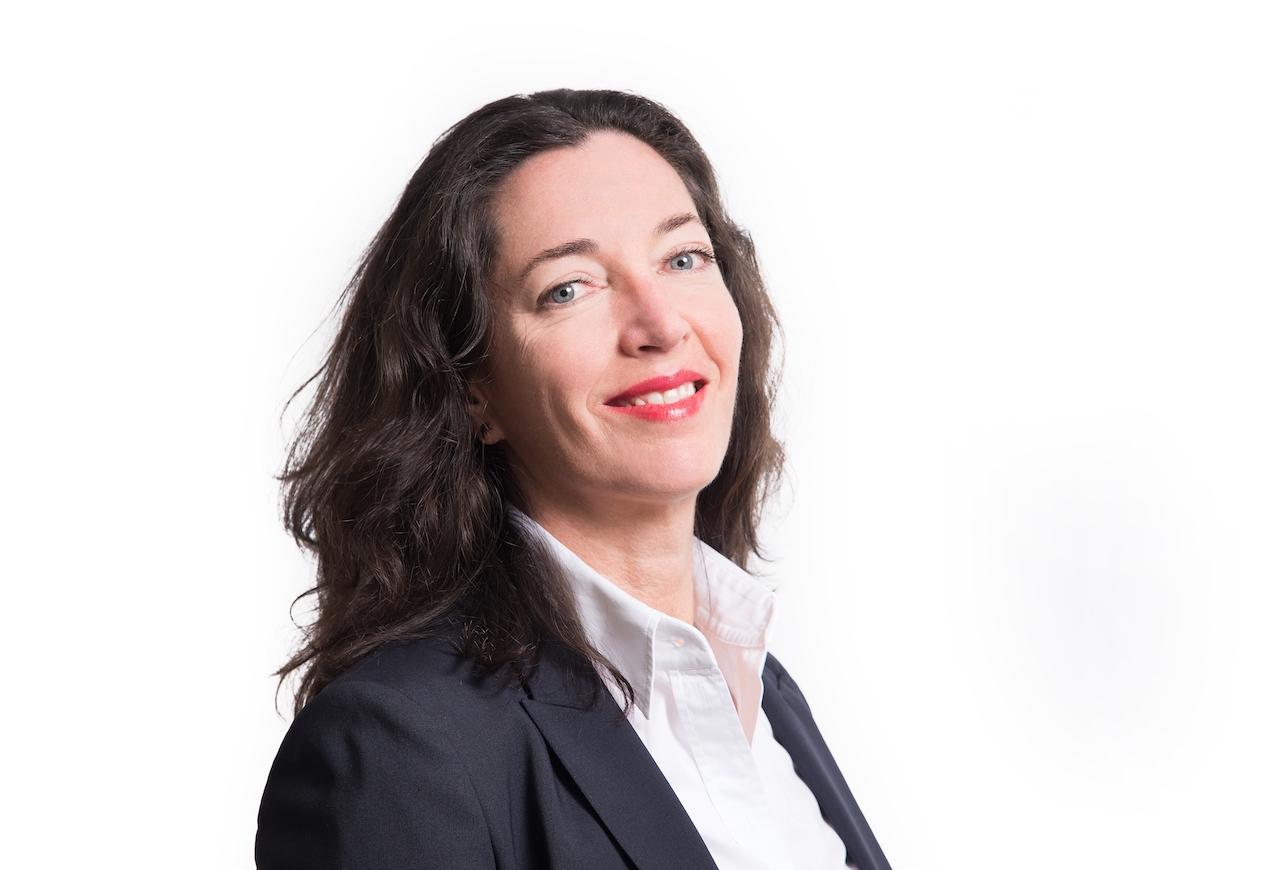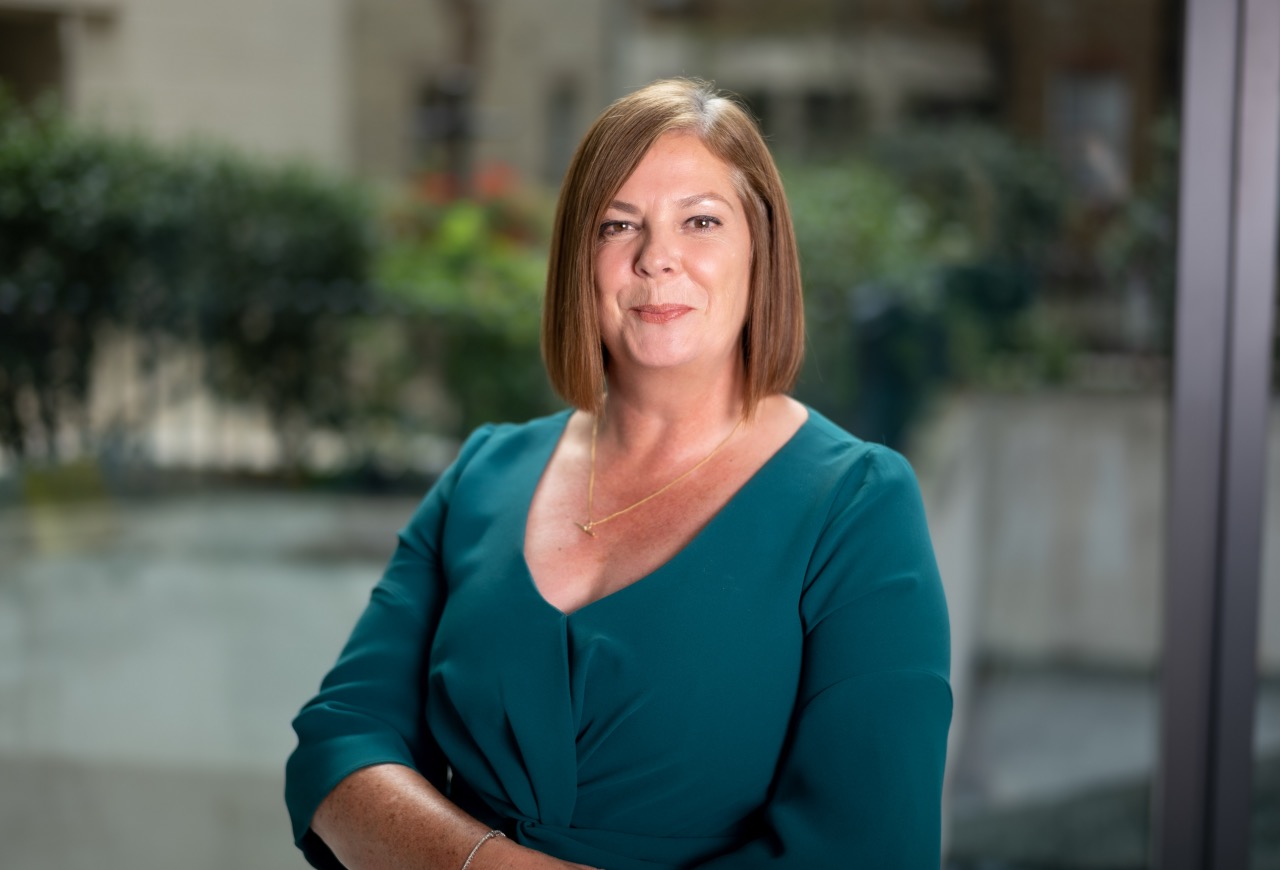In the second of two articles looking at the capacity building challenge, we talk to BlueOrchard and Earth Capital Limited about their approach to providing support to investees.

“Capacity building remains a key component of development finance. However, being a scarce resource mainly coming from the public sector, it will be crucial to identify how this can be made ‘more popular’ among impact driven private investors,” says Maria Teresa Zappia, deputy CEO and chief impact and blended finance officer at BlueOrchard.
BlueOrchard, part of the Schroders Group, has successfully piloted the concept where part of the complementary compensation to investors is allocated to capacity building projects. It actively manages five ‘Technical Assistance Facilities’ (TAs) which offer capacity building support, and has a comprehensive approach addressing several areas.
It is a long list. Strategic business planning and implementation; quality and credit process; new product development (including education finance loans); climate insurance; gender lens investing; risk management, internal audit, and internal control; accounting and reporting; impact management and measurement.

Of these, Zappia says “capacity building for innovative product development is probably where the largest positive impact is, as we support investees in market building and develop new products and services”.
BlueOrchard is also particularly focused on its InsuResilience Investment Fund (IIF), focused on protecting low-income communities through climate insurance. It helps companies such as Satya, a microfinance institution in India, focusing primarily on servicing women. IIF will support the launch of a new livestock loan product bundled with insurance, which will cover climate risks to protect the livelihoods of its farmer clients.
It also support Crezcamos, a microfinance provider in Colombia with the expansion of its crop insurance and the launch of a new ‘parametric insurance’ tailored to meet the specific needs of the agricultural market. Parametric insurance is a type of insurance contract that insures a policyholder against the occurrence of a specific event by paying a set amount based on the magnitude of the event.
This approach has had its challenges. “In time of crisis/adversities, such as the COVID-19 pandemic or Russia’s war in Ukraine, many capacity building recipients solely focused on immediate issues,” says Zappia. But, capacity building, she explains is “a long-term strategy and demands longer periods to identify results, measure the impact…and ensure that changes are sustainable over time”.
In total Zappia says there have been “hundreds of successes” amongst investees and in the future,she “expects more private sector investors to provide funding for TA (such as foundations, and family offices) and to co-finance TA with public investors. The blending of public and private capital is key to ensure maximum development impact, TA efficiency, and TA funding mobilisation”.
A particular challenge going forward is “developing providers of TA in emerging and frontier markets” and to “have a wider range of local consultants’ capabilities to rely on”.
ECL: capacity building with a “lean team”
Making the most of limited resources is a challenge Earth Capital Limited understands well. “Whilst we operate as a lean team with a smaller portfolio, we remain dedicated to addressing the needs of our investee companies and helping them grow sustainably,” says CEO Avent Bezuidenhoudt.
“While we are already seeing larger private equity firms expanding their recruitment of operating partners across the spectrum of expertise, it’s important to acknowledge that the dynamics for smaller managers differ, and replicating this approach may not be feasible due to economic considerations.”

ECL’s work is an example of what private capital with limited means can achieve. It has a highly targeted approach beginning with one of the senior investment team members assuming a non-executive director position on the investee company’s board.
They then spend “the first one to two months getting to truly understand the way the board functions, the interpersonal dynamics and identifying the actual human capital requirements within the business”, says Bezuidenhoudt. “Often, this process uncovers unexpected gaps that may differ from the areas initially identified by the management team.”
Given ECL’s investments are in early growth stage companies, at the point that the accelerated growth has just started to happen, Bezuidenhoudt says most of their investees “frequently face capability gaps and certain roles may still be handled by the founding team members despite the need for more experienced professionals to be brought in”.
The level of specialism selected is always a balancing act. “We want the very best for our portfolio companies but this needs to be weighed against the associated cost implications,” she says. Certain functions may be outsourced to external providers, while others may be brought in-house.
“Change is never easy, but it’s necessary for companies to adapt, evolve, and continue their growth journey. It’s natural for people to feel hurt or react negatively to certain decisions. Managing these emotions and ensuring a smooth transition is crucial to prevent value erosion in the company or a splintering of the senior team,” Bezuidenhoudt says.
As an example of their approach, she mentions the strategic appointment of a highly experienced interim CFO to work with the existing finance manager of a company, full-time for a three month period. This led to several achievements including a full review of the company’s existing financial systems and operational training for the finance manager on new systems and processes.
“We maintained the interim CFO’s involvement in the company as a non-executive director to oversee the finance function and continue developing the finance manager so that she could grow with the business as we recognised her long-term potential.”
Bezuidenhoudt concludes: “While the operating partner model may not be feasible for smaller investment firms like ours, we will remain agile and adaptive, constantly seeking ways to enhance our capacity-building efforts. By staying connected with industry trends, maintaining a robust network, and forging strategic partnerships, we will evolve our approach to ensure we meet the changing needs of our investee companies and provide impactful support.”






